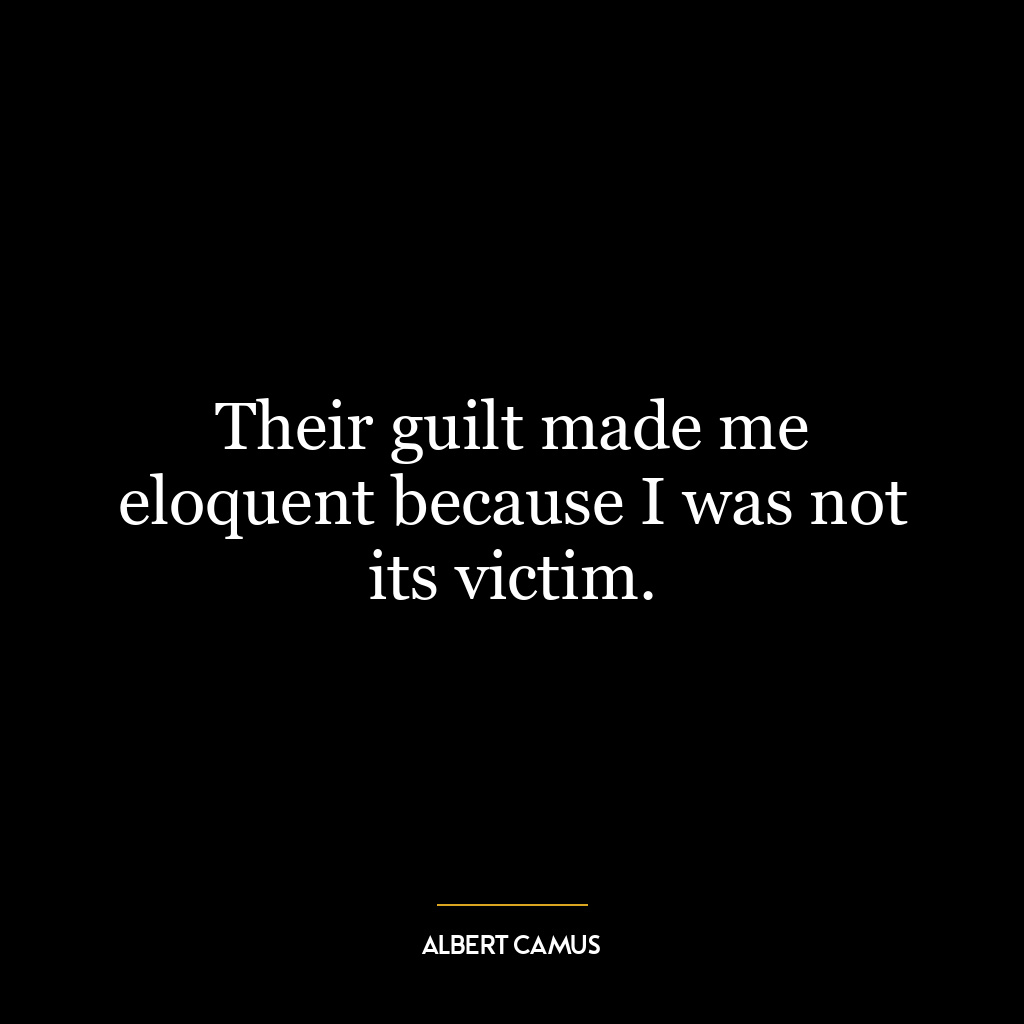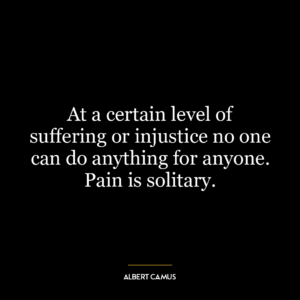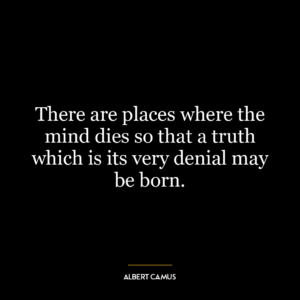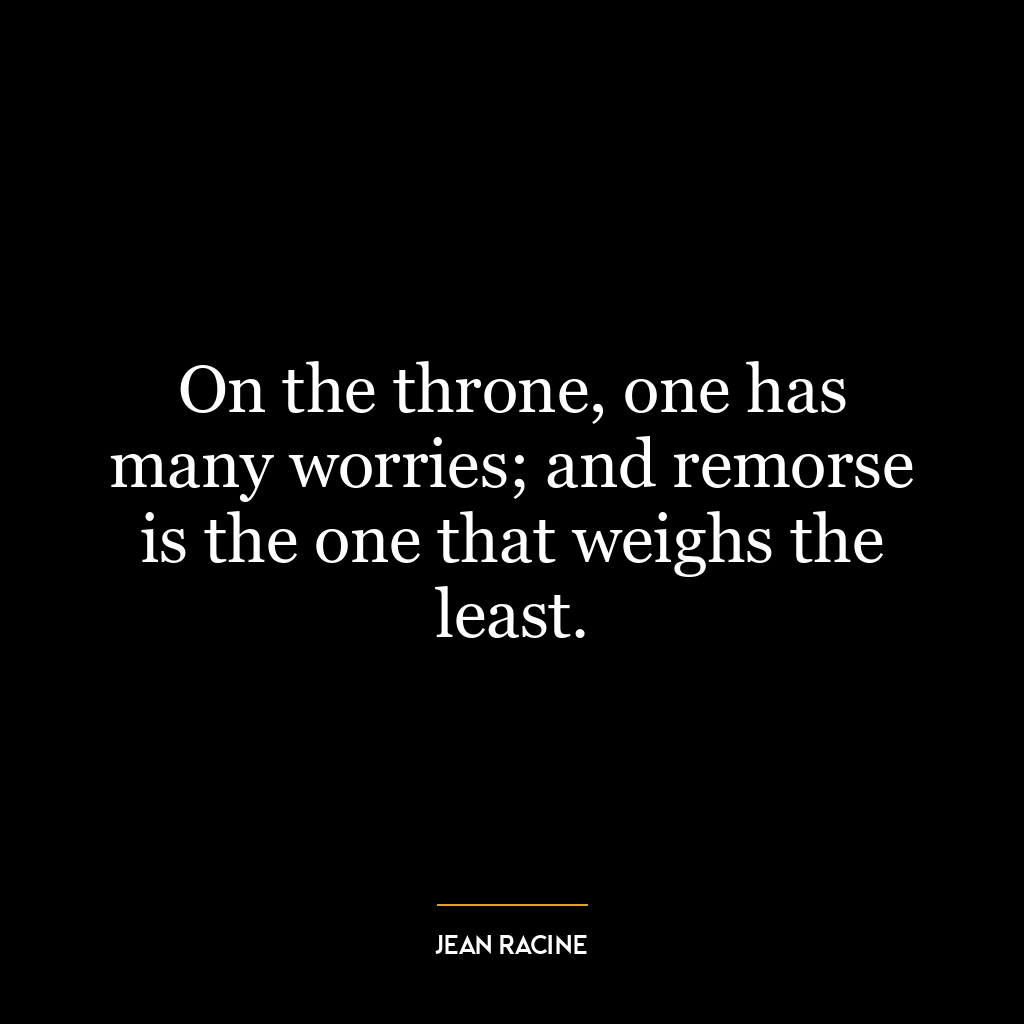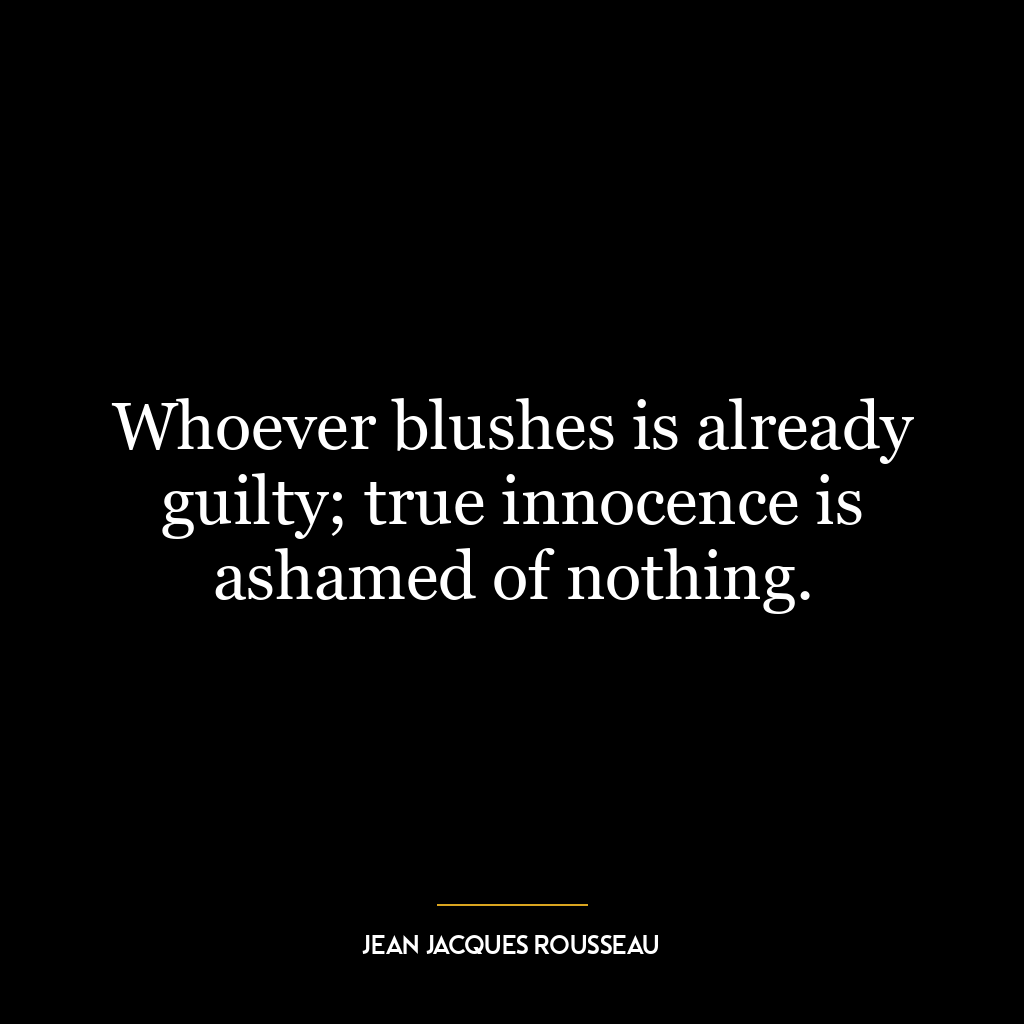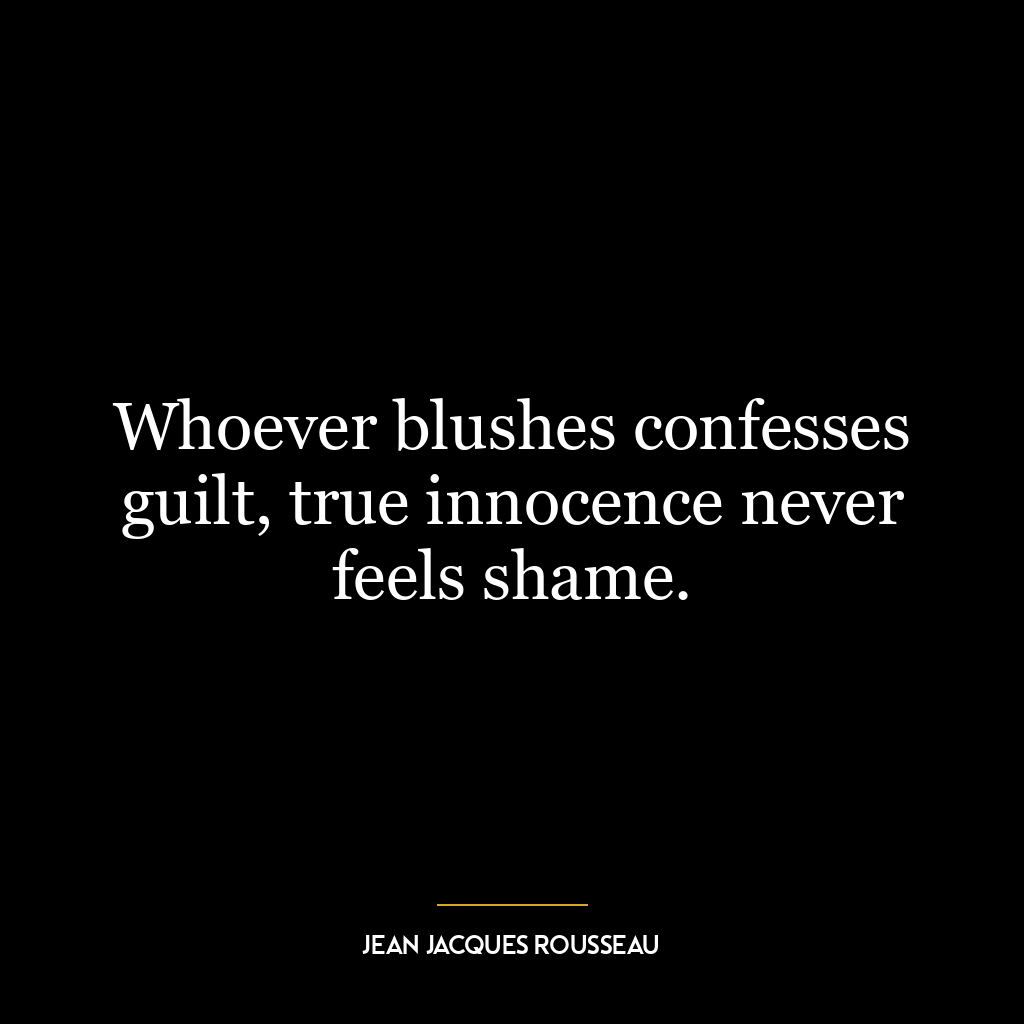Their guilt made me eloquent because I was not its victim.
The quote, “Their guilt made me eloquent because I was not its victim,” refers to the idea that one can articulate, express, and understand the guilt of others more effectively because they are not directly entangled in it. It suggests that detachment from a situation can provide a clearer perspective and enable a more accurate and insightful expression of the situation. This eloquence comes from being an observer, not a participant, which allows for a more objective viewpoint.
In terms of guilt, this quote implies that those who are not feeling guilty can often better articulate the consequences and implications of the guilt-ridden person’s actions. They can see the bigger picture and are not clouded by the emotional turmoil and self-justification that often accompanies guilt.
This idea can be applied in today’s world across various fields such as psychology, law, and journalism. For instance, a psychologist can better understand and articulate a patient’s guilt because they are not emotionally involved. A lawyer can argue more effectively on behalf of a guilty client because they can see the situation from an outsider’s perspective. Journalists can often articulate societal issues more effectively because they are observers rather than direct participants.
In terms of personal development, this quote suggests the value of self-distancing in understanding our own actions and emotions. When we step back and view our actions objectively, we can better understand our actions and emotions, leading to enhanced self-awareness and personal growth. It also underscores the importance of empathy and understanding in our interactions with others. Even if we are not the victims or directly involved in a situation, we can still articulate and understand others’ feelings and perspectives, fostering better communication and relationships.

